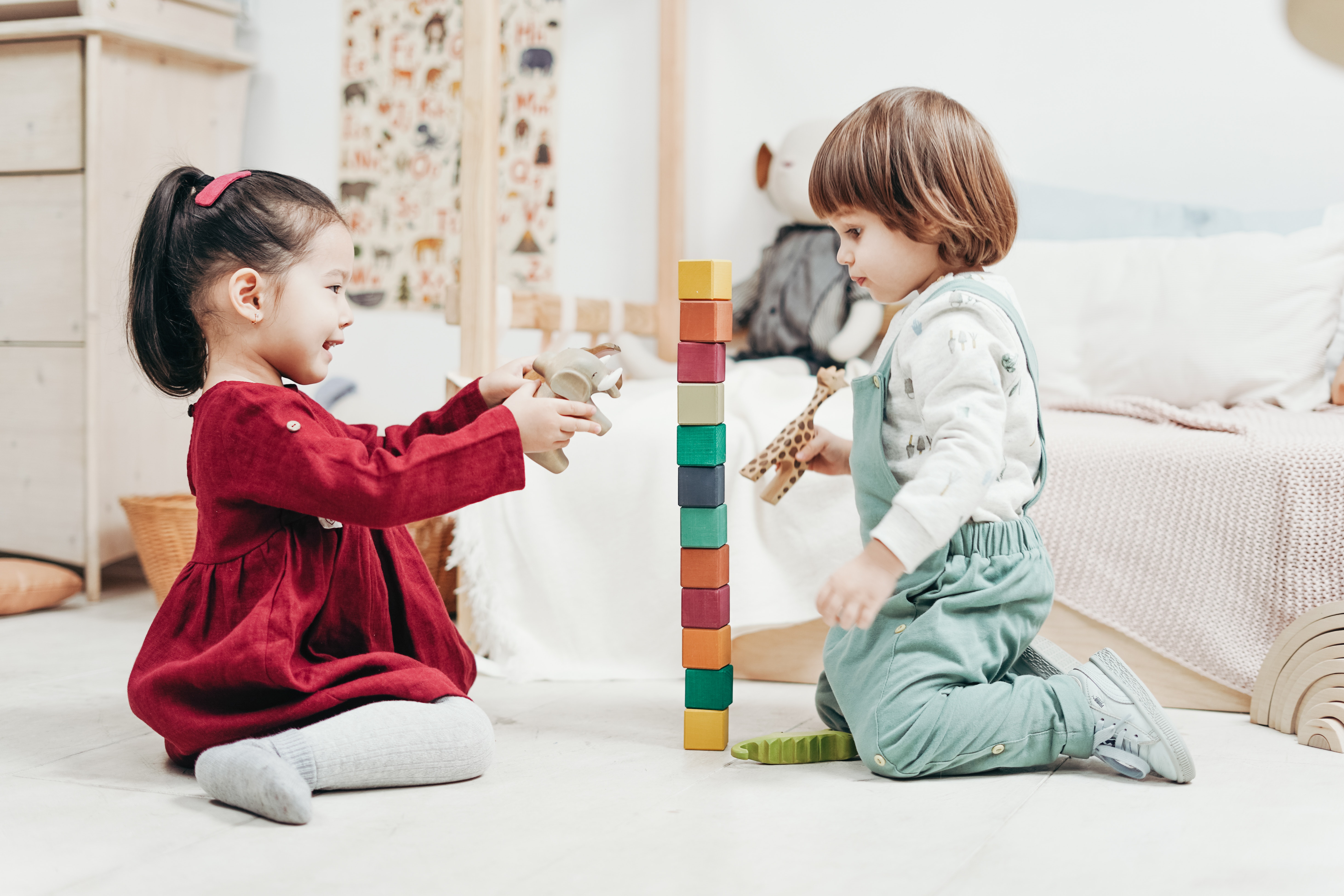This is the What Parents Should Do When Children are Fighting Over Toys with Their Friends

This is the What Parents Should Do When Children are Fighting Over Toys with Their Friends
When your little one plays and socializes with friends and relatives his age, it will indeed be a pleasant moment as well as a memory. But what if your little one doesn't want to share his toys or maybe even steals his friend's toys? What are the causes and how to overcome them?
Snatching a friend's toy is a common behavioral development problem in children and parents shouldn't worry too much about it. Because unlike adults, children, especially toddlers, do not easily understand the concept and importance of sharing. Especially for children aged 1 to 2 years who have not been able to develop the ability to understand the feelings, needs and desires of other people, so it is not easy for your little one to share his toys or food. At preschool age, children already understand the concepts of ownership and sharing. So, when our child snatches his friend's toy, this can be because he doesn’t know how to express his desire. That is, it is very important for parents and teachers to consistently introduce and practice the beauty of sharing in everyday life.
When your little one and his friends are snatching toys, you don’t need to be angry and worried, instead approach your little one and their playmates to calm each of them down. It is very important not to defend or blame only one person, either your child or their playmate. After your little one and his friend are calm, you can ask them what really happened. To avoid tantrums, you can provide several options regarding sharing toys so that their playing activity is more exciting.
The first thing to do is to encourage and ask your little one and their playmates to use toys together. You can show how fun it is to play when we use and share toys together. If your little one doesn't want to play together and share his toys to play alternately according to the agreement, you can invite their little one and their friends to discuss and express their opinions regarding the rules for using toys in rotation. Apart from being a solution so that you don't fight over each other's toys, this method can also facilitate your little one to solve problems independently.
When the agreement to take turns playing has not found a solution, you can withhold toys for a while. That way each child feels the same consequences. This can also help your little one and his friends to rethink what to do so they can play again. In this case, you must be consistent and patient in the process. If your little one and their friends are ready and agree to play, you can give back the toys.
Teaching children to share must be started as early as possible, not only when your little one steals a friend's toy or food. Training your little one's heart to share can start with the most basic and most important thing, namely by giving direct examples in everyday life. For example, when you have some food, distribute it to other family members or neighbors and this process is witnessed or involves our children directly. Although conceptually your little one doesn't really understand why he has to share things that are his, seeing how parents and their families share, hopefully will get him used to sharing when he grows up.
By: Mezia Dewi Pratiwi, S.Pd, from the BehaviorPals Center, Jakarta
Bibliography
https://id.theasianparent.com/melatih-berbagi-mainan
Children, Fighting, Toys
Children 4 Years - 6 Years / 4 Tahun - 6 Tahun / Social Development / Tumbuh Kembang Sosial / Education / Pendidikan / This is the What Parents Should Do When Children are Fighting Over Toys with Their Friends
Comments













